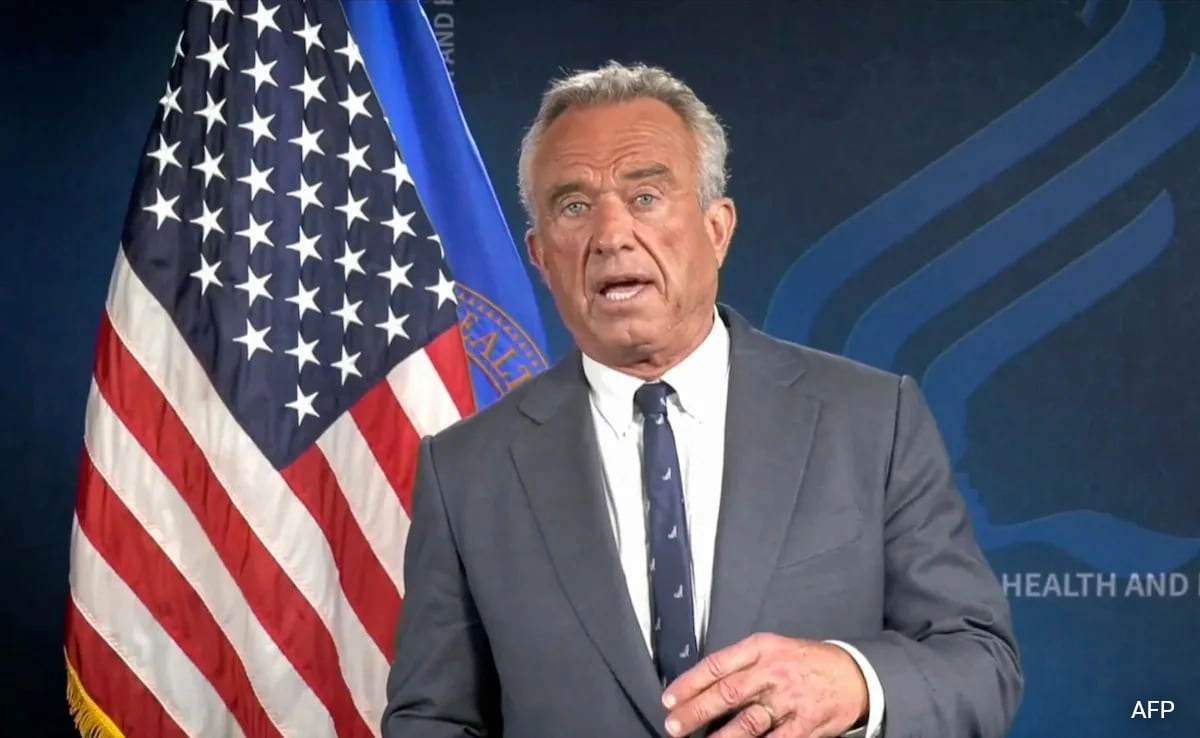In a deeply unsettling narrative, a teacher, referred to as “Baba,” has come under scrutiny for his inappropriate communication with students. Initially, his messages appeared benign and affectionate, as he addressed one of his students as “Baby” and expressed sentiments of love. This seemingly innocent language, however, took a dark turn as the communications progressed. What began as expressions of fondness soon morphed into sinister threats, raising serious concerns about the teacher’s intentions and the safety of his students.
The juxtaposition of affectionate language with menacing undertones highlights a disturbing pattern often seen in cases of emotional manipulation and abuse. This teacher’s use of terms like “I Love You” could easily be misconstrued as harmless affection, but when coupled with the subsequent threats, it reveals a more manipulative and dangerous agenda. Such behavior can create confusion and fear in young students, who may find themselves torn between the affection they initially received and the intimidation that followed. This kind of emotional turmoil can have lasting impacts on the psychological well-being of the affected students.
As the investigation unfolds, it is crucial to emphasize the importance of safeguarding students from such predatory behavior. Educational institutions must implement stringent measures to monitor teacher-student interactions and provide a safe environment for students to report inappropriate conduct without fear of retribution. This case serves as a stark reminder that vigilance is necessary to protect young minds from those who may exploit their trust for nefarious purposes. It is essential to foster an environment of transparency and communication, where students feel empowered to speak out against any form of manipulation or abuse.
Ultimately, the revelations surrounding Baba’s messages underscore the need for comprehensive training for educators on appropriate boundaries and the significance of maintaining professional relationships with students. By addressing these issues proactively, schools can work towards ensuring a safe and nurturing environment for all students, free from the threats posed by individuals who might take advantage of their position of authority.




